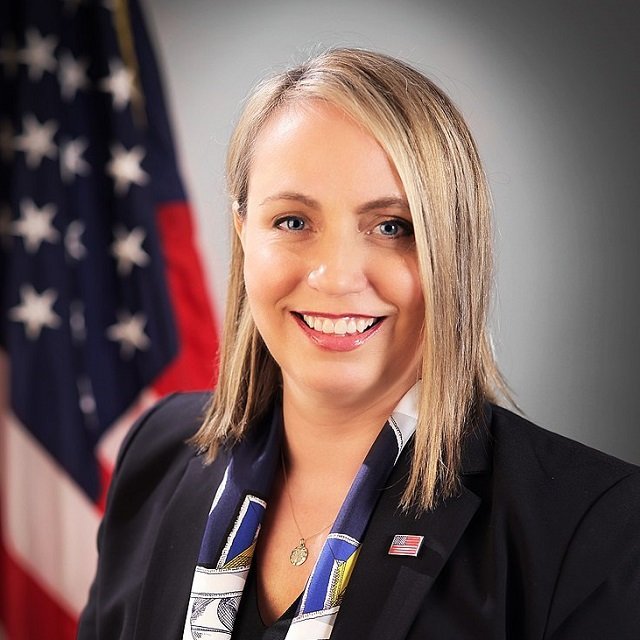HHS Officials Find 13% Medicare Advantage Preauthorization Denial Error Rate

Medicare Advantage plan enrollees with chronic conditions are 23% less likely to enter the hospital, according to AHIP.
HHS OIG
HHS OIG is agency that works to monitor the efficiency and integrity of HHS programs.
The Senate confirmed the new inspector general, Christi Grimm, in February.
Benchmarking Against Original Medicare Error Rates
Although private companies play a more prominent role in the Medicare Advantage program than in the original Medicare program, private companies also administer Medicare Part A hospitalization and Medicare Part B outpatient and physician services benefits.
The current Medicare administrative contractors, or MACs, include affiliates of Anthem, Blue Cross Blue Shield of North Dakota, BlueCross BlueShield of South Carolina and Florida Blue, along with Wisconsin Physicians Service Insurance Corp.
Original Medicare benefits rules are much different from Medicare Advantage program rules, but HHS OIG has used a comparable approach to analyze a wide range of MAC benefits payment transactions.
An HHS OIG team found that the overall improper payment level at the MACs was 6.3% over the period from July 1, 2018, through June 30, 2019, according to the Medicare improper payment data report that covers that period.
The authors of the new Medicare Advantage program report did not try to compare the Medicare Advantage plan preauthorization denial and claim denial data with MAC improper payment data or other MAC performance data.
There could be many reasons why Medicare Advantage plans would have a higher error rate than the original Medicare MACs.
One is that cases involving Medicare Advantage preauthorization denials and claim payment denials are a lot more complicated than the typical case involved in a typical original Medicare payment transaction.
The original Medicare MACs’ improper payment rate could be much lower than the Medicare Advantage plans’ denial error rates because typical original Medicare payments are much easier to handle that the requests for MRIs and expensive drugs involved in the Medicare Advantage plan denial analysis.
A second reason is that original Medicare is an older, more established program, and that the HHS OIG original improper payment tracking program has been in place for many years. Original Medicare MACs have had a chance to learn from earlier HHS OIG tracking reports.
A third reason is that both CMS and providers expect the Medicare Advantage plans to take an active role in coordinating and patients’ care. But trying to manage care may lead to confusion and conflicts about what the Medicare program criteria and how much flexibility plans have when applying those criteria.
The Better Medicare Alliance Reaction
The Better Medicare Alliance is a Washington-based group that represents insurers and other organizations and individuals that support the Medicare Advantage program.
Mary Beth Donahue, the alliance president, said the program saves enrollees money and has a 94% beneficiary satisfaction rate.
“The use of medical management tools, including prior authorization, is one way that Medicare Advantage ensures beneficiaries receive the right care, in the right setting, and at the right time,” Donahue said.
“While this study represents only a narrow sample of Medicare Advantage beneficiaries, and polling data shows that less than half of Medicare Advantage beneficiaries have ever experienced a prior authorization themselves, Better Medicare Alliance has strongly supported efforts to streamline and simplify the prior authorization process for patients and providers,” Donahue added. “We look forward to our continued work with policymakers to strengthen Medicare Advantage for today’s seniors and tomorrow’s enrollees.”
Pictured: HHS Inspector General Christi Grimm (Photo: HHS OIG)




